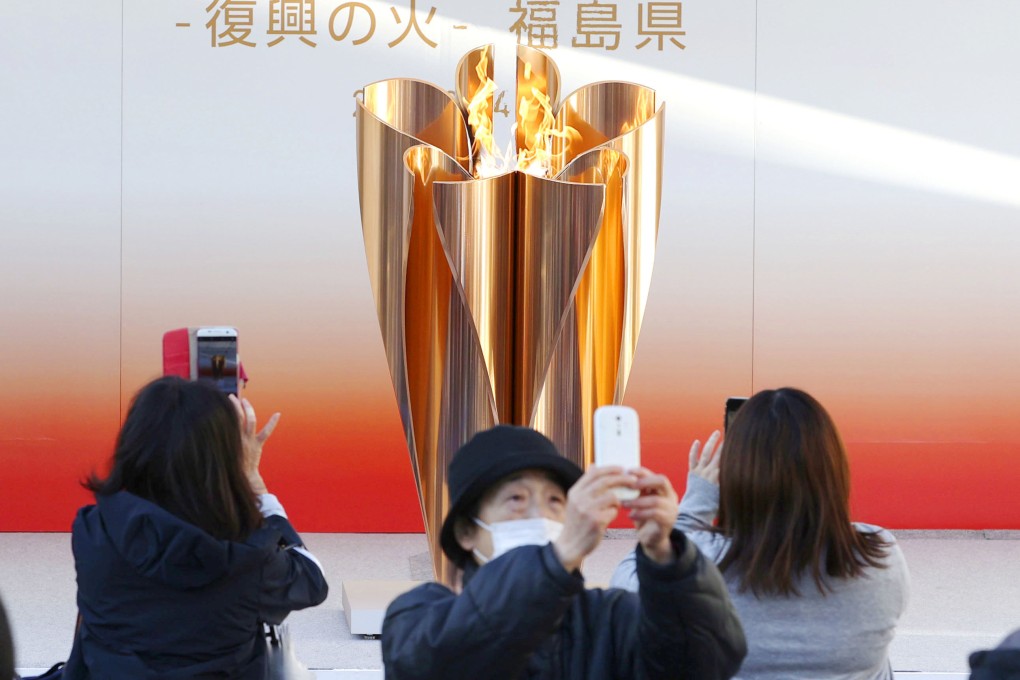Advertisement
Opinion | Covid-19, Fukushima legacy and other obstacles stand in the way of Japan’s ‘Recovery Olympics’
- Japan has worked very hard to show that the post-tsunami disaster zone is safe, yet public opinion is turning against the Games
- The problems that led to the Fukushima crisis – lack of transparency and an obstinate and out-of-touch leadership – are still evident
4-MIN READ4-MIN

Early spring is the traditional run-up to the Summer Olympic and Paralympic Games, but Japan’s Olympic torch relay, scheduled for March 25, is shaping up to be unique.
The 10th anniversary of the devastating 2011 tsunami and subsequent Fukushima Daiichi radiation crisis will be commemorated on March 11, and the government has made the Olympics an explicit glorification of the country’s efforts to bounce back from the historic disaster.
The Games are now also known as the “Recovery Olympics” there. In turn, Japan has worked very hard to position the Games to show that the post-tsunami disaster zone is safe and that the region has bounced back. Indeed, the Olympic torch relay is scheduled to begin in J-Village, the sports facility which served as a staging area for nuclear workers fighting the horrific triple meltdown at Fukushima Daiichi.
Advertisement
There is nothing subtle about the symbolism. The Olympic torch itself is fashioned, in part, from aluminium recycled from prefab disaster shelters used after the tsunami by evacuees escaping the carnage.
Significantly, in order to perform the difficult balancing act of managing problems related to disaster reconstruction and the Olympics, Japan has cut corners in its massive “decontamination” campaign to produce radiation levels low enough to let many evacuees return home to their communities.
In the immediate aftermath of the radiation crisis, Japan played down the risks of radiation and, indeed, raised the regulatory levels of acceptable yearly exposure for workers and foodstuffs to make it easier to clear up the mess and get people back to their communities, safe or not.
Advertisement
Select Voice
Select Speed
1.00x

